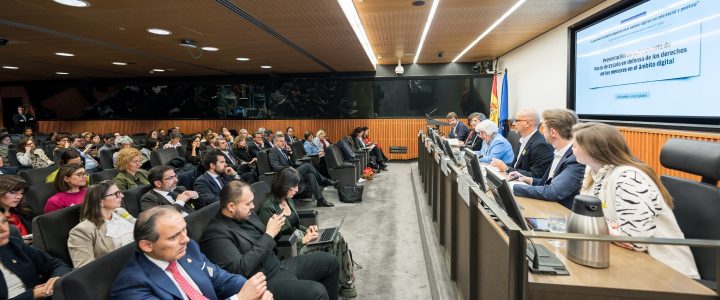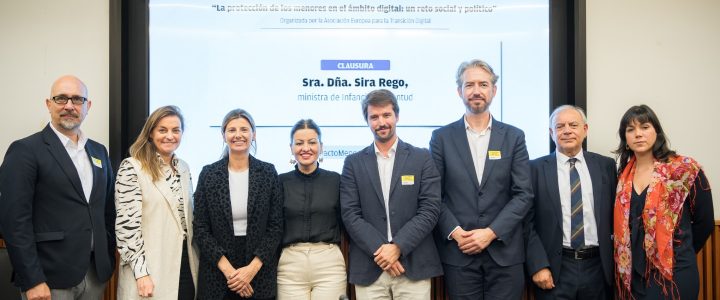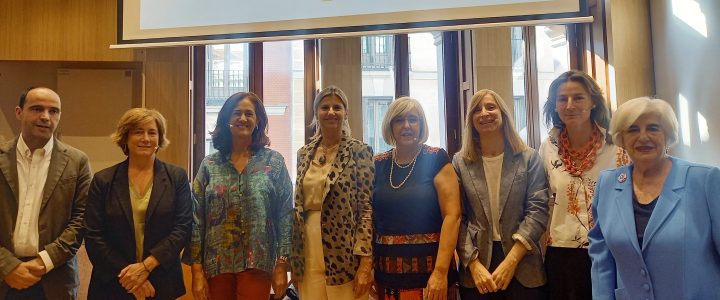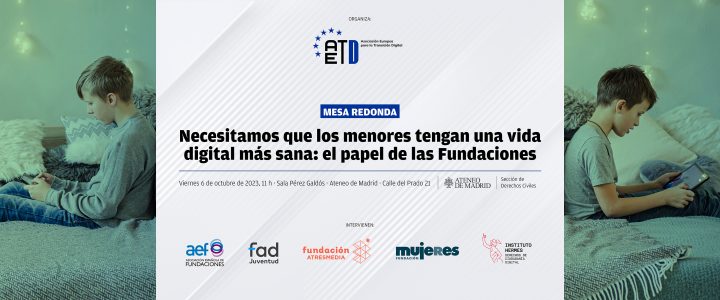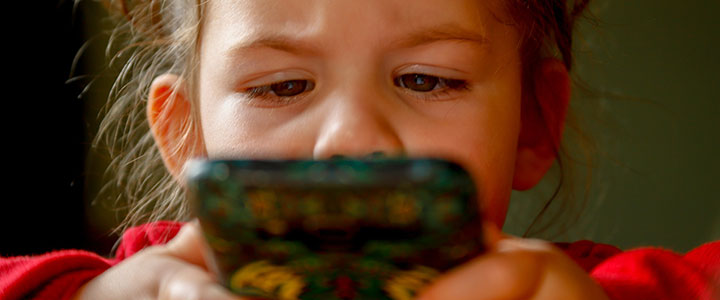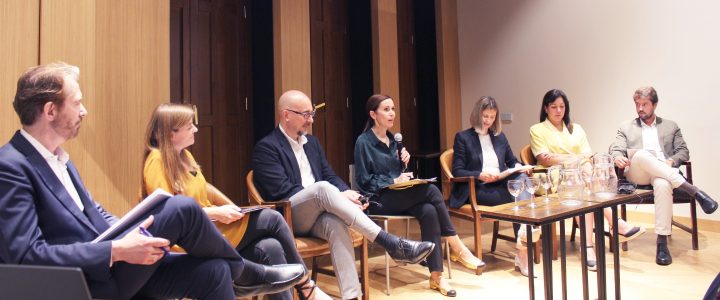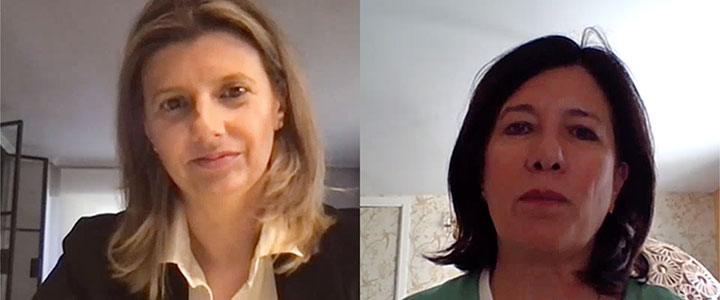El Pacto de Estado para proteger a los menores en el ámbito digital -una iniciativa promovida por la Asociación Europea para la Transición Digital (AETD)- sigue cogiendo fuerza. El pasado 13 de febrero la AETD organizó su presentación con unas jornadas en el Congreso de los Diputados, que fueron inauguradas por la presidenta de la Cámara, Francina Armengol.
Fue toda una mañana de trabajo y reflexión, estructurada en varias mesas de debate e intervenciones. A continuación ofrecemos un resumen y los videos de las tres mesas de debate, así como de la intervención final del presidente de la AETD, Ricardo Rodríguez Contreras, y de la ministra de Juventud e Infancia, Sira Rego.
Leer más

